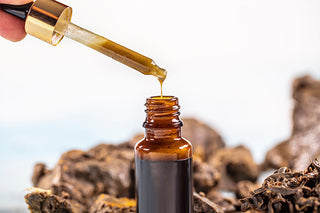Propolis is a natural bee product that bees collect from various plant sources, including buds, leaves, and stems, to protect their hives from harmful microorganisms. The composition of propolis varies depending on the source, but it typically consists of flavonoids (45-50%), wax and fatty acids (30-35%), essential oils (10%), pollen (5%), and organic compounds and minerals (5%).
Propolis has been recognized for its medicinal properties for centuries.The Egyptians even used it to preserve mummies. In the 11th century.
Regular consumption of propolis can support the removal of cellular waste from the body due to its flavonoid content. Flavonoids are antioxidants that are naturally found in plants and provide numerous health benefits. However, since the human body cannot synthesize flavonoids, they must be obtained through dietary sources. Therefore, propolis, a nutritious and valuable bee product, should be eaten throughout the year, not only in winter.
The composition of propolis can vary depending on the source, geographical region, vegetation diversity, season, and extraction method. Raw propolis is not readily digestible by humans and must be appropriately extracted by expert food engineers to form an extract or drop.
Anatolian propolis, which is obtained from the Anatolian region of Turkey, is high-quality propolis that contains at least 15 different phenolic and flavonoid compounds, including caffeic acid phenethyl ester, caffeic acid, quercetin, galangin, chlorogenic acid, linolenic acid, palmitic acid, hydroxytyrosol, coumaric acid, apigenin, chrysin, and pinocembrin. These compounds provide various health benefits, making Anatolian propolis an excellent dietary supplement.

